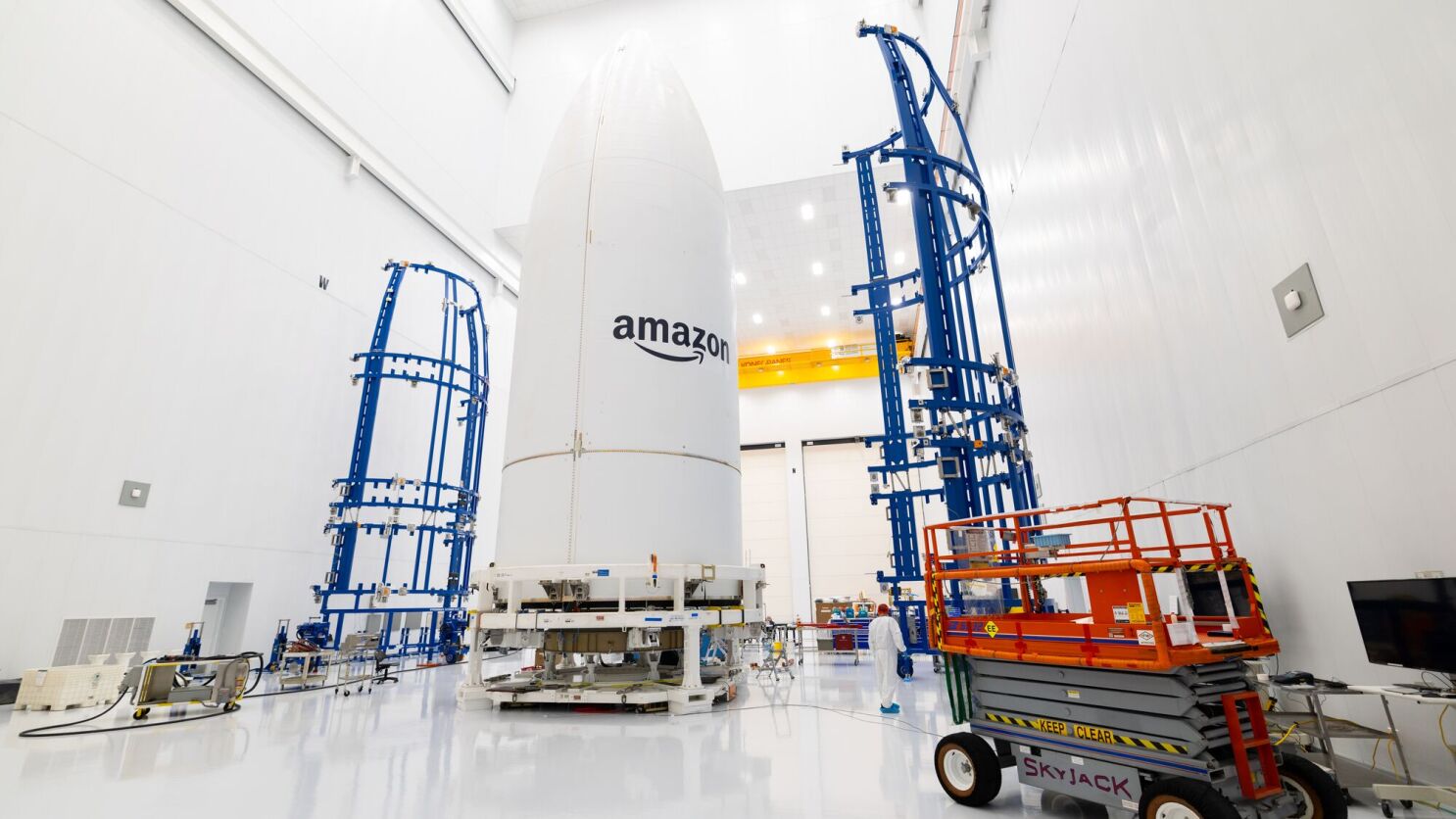Amazon's Project Kuiper to Launch Satellite Internet by Late 2025
Amazon's Project Kuiper will begin offering high-speed satellite internet services to customers by late 2025, starting with major investments and pilot programs in Vietnam.

Amazon is set to launch its Project Kuiper satellite internet service by late 2025, marking a significant milestone in global connectivity efforts. Project Kuiper aims to deploy more than 3,200 low Earth orbit (LEO) satellites, providing high-speed, low-latency broadband internet to underserved communities worldwide, with Vietnam positioned as a strategic initial market.
Strategic Investment and Market Entry
The company has committed a $570 million investment in Vietnam to build ground stations and terminals, with the goal of reaching 600,000 users by 2030. Amazon Kuiper Vietnam LLC has been established in Ho Chi Minh City, and the company has applied for a pilot license to provide LEO satellite telecommunications services under the country's new regulatory framework. This initiative aligns with Vietnam's national digital infrastructure strategy, aiming to bridge the digital divide in rural, mountainous, and island regions where traditional internet infrastructure is limited or economically unfeasible.
Amazon's Project Kuiper satellites are designed to deliver speeds of up to 400 Mbps for individuals and 1 Gbps for businesses, integrating security solutions from Amazon Web Services (AWS). The service promises low latency and robust connectivity, supporting Vietnam's ambitions for e-governance, smart agriculture, and digital education under its Fourth Industrial Revolution strategy. The company's investment also includes establishing local manufacturing partnerships to further support infrastructure development.
Competitive Landscape and Global Impact
Amazon faces competition from SpaceX's Starlink, which was granted a pilot license in Vietnam earlier in 2025 and has already established a large satellite network and user base. While Starlink enjoys a first-mover advantage, Amazon is rapidly scaling up, having launched 102 Kuiper satellites to date with plans to complete at least half of the remaining satellites by 2026. The next Kuiper launch is scheduled for September 25, 2025, underscoring Amazon's commitment to an aggressive deployment timeline.
Vietnam's regulatory openness to foreign LEO satellite providers has accelerated the race to expand rural connectivity, making the country a pivotal battleground for satellite broadband. Amazon's approach exemplifies scalable tech infrastructure deployment in emerging markets, though it faces risks such as regulatory changes and technical challenges. Nonetheless, Project Kuiper's rollout is expected to significantly enhance internet access for remote and underserved populations, supporting broader socio-economic development and digital transformation goals.
Amazon's satellite broadband initiative is not only a technological leap but also a strategic move to capture emerging market opportunities and compete in the global race to bridge the digital divide. By late 2025, Vietnamese customers and other global users in remote areas may benefit from reliable, high-speed internet, reshaping how communities access information and digital services.